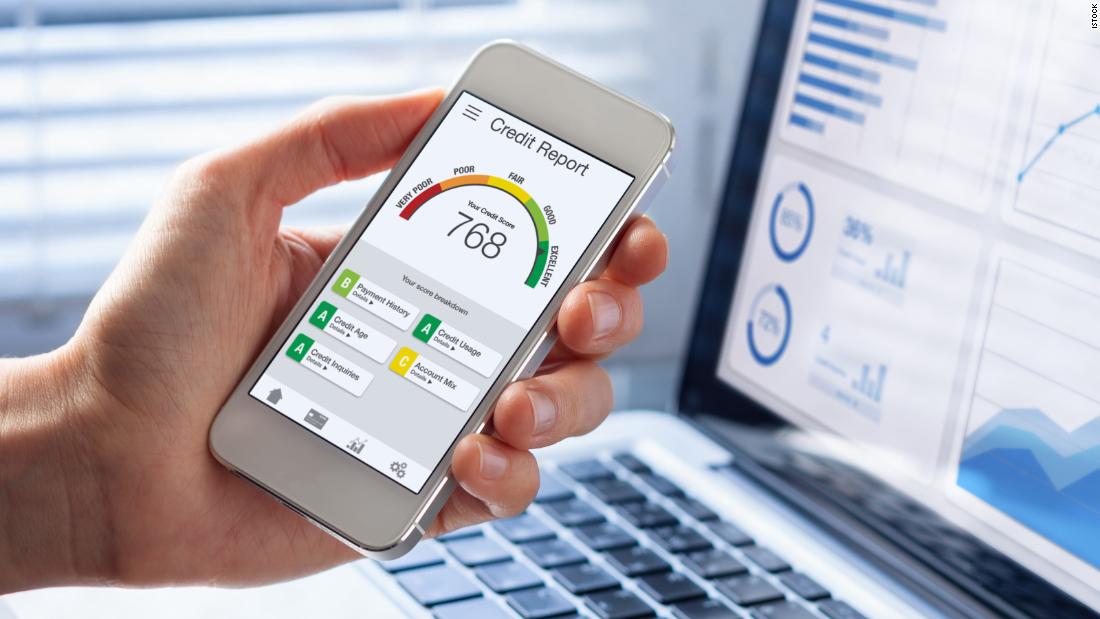
Many people assume that opening a new credit card will hurt your credit score, which then leads them to believe that opening a lot of new credit cards will hurt your credit score even more. But that's not exactly how it works. In fact, having many open credit cards can actually lead to a higher score over time, as long as you know how to use credit responsibly.
First, let's start with the facts. It's true that your credit score will likely get dinged when you first open a new credit card account. How many points you'll lose depends on the type of credit score (there are several), but you can use 6-12 points as a rough guideline. The most-used credit score model, known as FICO, ranges between 300-850, but most credit scores fall between 600-750, so we're generally talking about a 1% to 2% drop.
That's not a huge hit, but the news gets better from there. Because even though the "credit inquiry" that gets generated when you apply for a new credit card account will stay on your credit report for two years, most credit scoring models only factor it into their scores for roughly the first three to six months. So, assuming you continue to use your credit accounts as you have been, you can expect to see your score return to where it was relatively quickly.
Except we're not done yet. A large portion of your credit score — as much as 30% — is calculated based on a concept known as the debt-to-credit ratio. This is the percentage of how much total debt you have compared to how much total credit you have.
So as an example, if you have $10,000 in credit card debt and $25,000 in total credit limits across all your credit cards, your debt-to-credit ratio is 40% (because 10,000 divided by 25,000 is 0.4 or 40%). To maintain a good credit score, you'll need to keep this number to 30% or less, and ideally 10% or less if possible.
Now, let's see what happens if you open a new credit card that comes with a credit limit of $5,000. Using our example above, you now have $30,000 in total credit, but still only $10,000 in debt. You just dropped your debt-to-credit ratio from 40% to 33% just by opening a new card.
Add another new credit card to the mix and the effect multiplies. An additional $5,000 credit limit increases your overall credit to $35,000 in our example, and lowers your debt-to-credit ratio to 28.5%.
Of course, this only works if you're disciplined and only buy what you can afford to pay for in full each month. If you spend a bunch of money on your newly-acquired credit cards and then end up with debt that you can't pay, your ratio will go in the other direction and you'll be worse off than when you started. So under no circumstances should you open new credit cards if you think you'll overspend on them.
But if you can responsibly use your credit card only for purchases you would otherwise make with cash or a debit card anyway, you can safely open one or more new credit cards without significantly hurting your credit score. And in the long run, you can actually end up better than you started.
Looking for a new credit card? Read CNN Underscored's guide to the best credit cards of 2020.
Editorial Disclaimer: Opinions expressed here are the author's alone, not those of any bank, credit card issuer, airlines or hotel chain, and have not been reviewed, approved or otherwise endorsed by any of these entities.
Note: While the offers mentioned above are accurate at the time of publication, they're subject to change at any time and may have changed, or may no longer be available.
"score" - Google News
June 25, 2020 at 03:02AM
https://ift.tt/3hUAidD
Myths about credit: Does opening a new credit card hurt your credit score? - CNN
"score" - Google News
https://ift.tt/2OdbIHo
Shoes Man Tutorial
Pos News Update
Meme Update
Korean Entertainment News
Japan News Update
Bagikan Berita Ini














0 Response to "Myths about credit: Does opening a new credit card hurt your credit score? - CNN"
Post a Comment